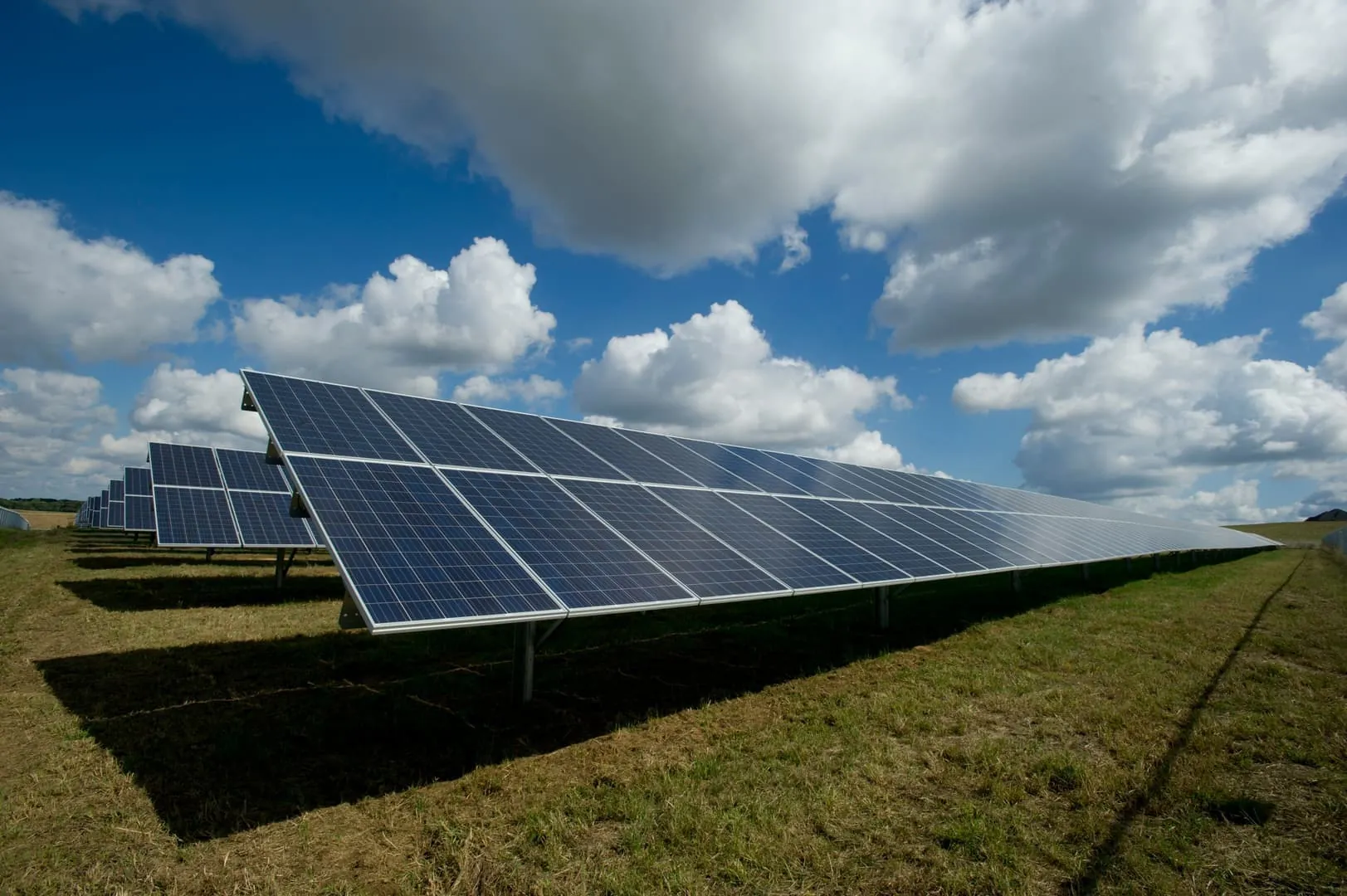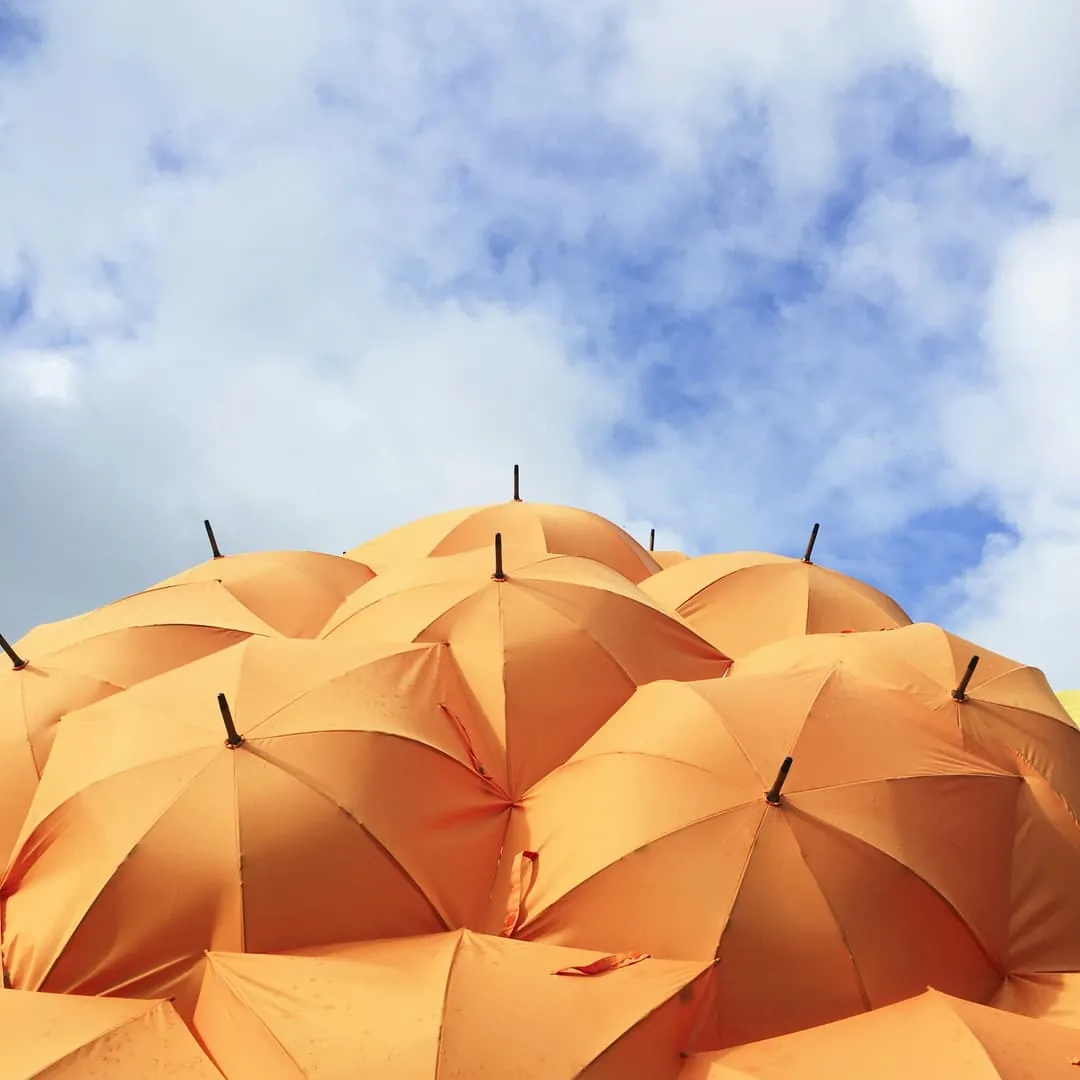
Second-hand solar panels: smart deal or false economy?
With rising electricity prices, more and more households are turning to solar. But new installations are expensive, and a new trend is emerging: buying second-hand or refurbished solar panels. I looked into it and compared the promises with reality.
Price: the main argument
A new solar panel costs between €150 and €250 each. On the second-hand market, offers are sometimes half that, often coming from renovation sites. For a household looking to lower upfront costs, the temptation is strong. But beware: the lower purchase price can hide other costs.
The performance question
A solar panel loses efficiency over time, about 0.5% per year. After 10 years, it produces around 90% of its original energy. On paper, that may seem small, but across several panels, the difference shows up on the bill. A second-hand panel must be tested and guaranteed to avoid nasty surprises.
Reliability and guarantees
Solar panel manufacturers often provide a 20 to 25-year warranty. With second-hand panels, there may still be 5 or 10 years left, but not always. Without that safety net, the financial risk increases in case of failure. Refurbished panels, tested and resold with a new warranty, are more reassuring than buying from a private seller.
Comparison: New vs Second-hand/Refurbished Panels
| Feature | New Panels | Second-hand/Refurbished |
|---|---|---|
| Purchase Price | €150-250 / panel | €75-150 / panel |
| Efficiency | 100% | 85-95% (depending on age) |
| Warranty | 20-25 years | 5-15 years remaining |
| Lifespan | 25-30 years | 10-20 years (remaining) |
| Risk | Very low | Medium (test required) |
| Availability | Always available | Limited stock |
| ROI (Return on Investment) | 8-12 years | 5-8 years (if reliable) |
Conclusion: Buying second-hand solar panels can lower the initial investment, but it requires caution. The best compromise is often refurbished panels, which combine a lower price with some level of security. In 2025, the real calculation is not just financial—it's also about durability and trust in the equipment. Explore other energy-saving solutions with our guide on [heat pumps in France](/en/blog/2025-09-21-heat-pumps-france) and our [autumn energy-saving tips](/en/blog/2025-09-26-autumn-home-energy).
Stay Updated
1 tip per week, no spam.
About the author:
Alexandre Dubois is passionate about practical eco-friendly living. Based in France, he shares tested habits that reduce costs and environmental impact without overcomplicating daily life. Contact: info@greendailyfix.com
Related posts

The Winter Home Problem Nobody Talks About: Humidity, Mould, and the Air You’re Breathing
Every winter, we seal our homes to keep warmth in — and trap something else inside. Humidity rises, air stagnates, and invisible pollutants accumulate. In 2026, indoor air quality is becoming one of the most overlooked health issues in European homes.

From Optimisation to Protection: Why European Homes Are Redefining Energy Strategy in 2026
For years, energy advice focused on optimisation: better efficiency, higher performance, maximum savings. In 2026, European households are quietly changing priorities. The new goal is not perfection - it is protection.

The Illusion of Energy Stability: Why Europe's 2026 Calm Is Costing Households More Than They Think
For the first time in years, Europe entered winter without an energy shock. No dramatic price surge. No emergency headlines. And yet, something more dangerous is happening quietly: households are mistaking stability for safety.

Europe’s Winter Wake-Up Call: The Hidden Energy Decisions Millions of Homes Will Regret Delaying in 2026
This winter, Europe didn’t freeze — but something else happened quietly. Millions of households realized that energy problems no longer arrive as shocks. They arrive as slow, expensive regrets. Winter 2026 isn’t about panic. It’s about the cost of waiting.